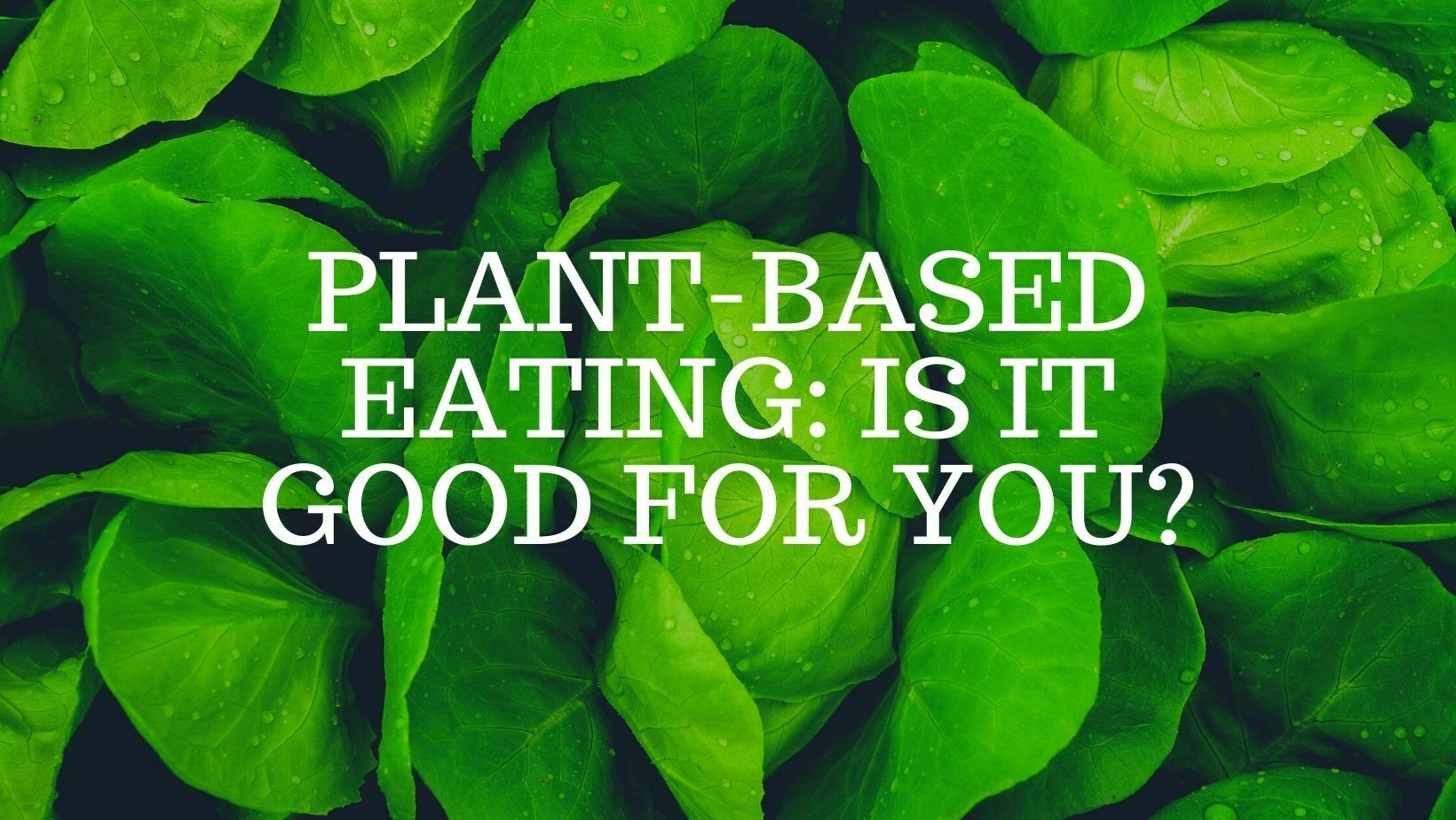By SHANNON SKAE, health and life coach at Revive with Shan
More and more, we hear of plant-based diets or challenges, such as Meatless Monday. Meatless Monday is an international campaign that encourages people to try eating a plant-based meal on Mondays to improve their health and do their part to help the planet.
A plant-based diet refers to when a person eats mainly organic foods that are whole grains, legumes, vegetables, fruits, nuts, and seeds. The idea behind this type of diet is to choose more of your foods from plant sources rather than meat or dairy.
There is evidence that this diet decreases risks of heart disease, strokes, some cancers, high blood pressure, diabetes, and that it may also assist with longevity. Plant-based diets also improve gut health, supporting the immune system and reducing inflammation. Plant filled diets help you maintain a healthy weight naturally due to them being lower in calories.
A plant-based diet is also better for the environment. Meat and dairy products fuel the climate crisis, while plant-based diets are helping to protect it. This is because plant-based diets use way less water and contribute to far fewer greenhouse gas emissions.
The critical aspect of a plant-based diet that sets it apart from a meat and dairy fueled one is that it is primarily organic and plant orientated, making this diet full of nutrients. We refer to this sort of diet as plant-based to emphasise healthy choices because you can be a vegan and still be unhealthy, eating heavily processed foods.
Organic, minimally processed is, therefore, the way to go. I do not advocate for any single diet, but I do argue for clean eating. This means eating minimally processed foods, mostly plants, organic, and very little sugar. Dairy and meat are usually highly processed, so they are problematic in most diets.
Pros of a plant-based diet:
- More nutritious due to high number of plants, fruits, and fibre
- Less calorie dense
- Better for the environment
- Often have increased energy on this type of diet
- Helps with HIIT training due to high carbohydrate intake
- Helps lower cholesterol and maintain heart health
- Can meet protein/iron requirements if have a healthy, balanced plant-based diet
Cons of a plant-based diet:
- Can be expensive
- Need to supplement with certain vitamins (but everyone should be doing this)
- Junk food vegan will probably not meet nutrient requirements
- Fresh, organic produce is often perishable and goes off quickly
- Can be tough to find alternatives when you first follow a plant-based diet so can feel restrictive
If you are considering switching the type of diet you follow, please consult a health care professional, such as a dietician or health coach, to ensure they help you plan the best possible nutrient-dense diet for you.


